Word Of Mouth
Laurie Anderson
In 1980, as part of a project called Word of Mouth, I was invited, along with a living other artists, to go to Panape, a tiny island in the middle of the Pacific. The idea was that we’d sit around talking for a few days and that the conversations would be made into a talking record.
The first night we were all really jet-lagged but as soon as we sat down the organizers set up all these mikes and switched on thousand white light bulbs. And we tried our best to seem as intelligent as possible. Television had just come to Panape a week before we arrived and there was a strong excitement around the island as people crowded around the few sets. Then the day after we arrived, in a bizarre replay of the first TV show ever broadcast to Panape, prisoners escaped from a jail, broke into the radio station and murdered the DJ. Then they went off on a rampage through the jungle, armed with lawnmower blades. In all, four people were murdered in cold blood. Detectives, flown in from Guam to investigate, swarmed everywhere. At night we stayed around in our cottages, listening out into the jungle.
Finally the local chief decided to hold a ceremony for the murder victims. The artist Marina Brownovich and I went, as representatives of our group to film it. The ceremony was held in a large thatched lean-to and most of the ceremony involved cooking beans in pits and brewing a dark drink from roots. The smell was overwhelming. Dogs ###040225 around barking. And everybody seemed to be having a fairly good time… as funerals go.
After a few hours Marina and I were presented to the chief, who was sitting on a raised platform above the pits. We’d been told we couldn’t turn our backs on the chief at any time or ever be higher than he was. So we scrambled up onto the platform with our film equipment and sort of duck-waddled up backwards to the chief. As a present I brought one of those Fred Flintstone cameras, the kind where the film canister is also the body of the camera, and I presented it to the chief. He seemed delighted and began to click off pictures. He wasn’t advancing the film between shots, but since we were told we shouldn’t speak unless spoken to, I wasn’t able to inform him that he wasn’t going to get twelve pictures, but only one, very, very complicated one.
After a couple more hours the chief lifted his hand, and there was absolute silence. All the dogs had suddenly stopped barking. We looked around and saw the dogs. All their throats had been simultaneously cut and their bodies, still breathing, pierced with rods, were turning on those pits. The chief insisted we join in the meal but Marina had turned green and I asked if we could just have ours to go. They carefully wrapped the dogs in leaves and we carried their bodies away.
Compositor: Desconhecido no ECADIntérprete: Laurie Anderson (Laurie Bonds) (PPL - I)Publicado em 2001 e lançado em 2000 (15/Set)ECAD verificado fonograma #2256377 em 21/Abr/2024The first night we were all really jet-lagged but as soon as we sat down the organizers set up all these mikes and switched on thousand white light bulbs. And we tried our best to seem as intelligent as possible. Television had just come to Panape a week before we arrived and there was a strong excitement around the island as people crowded around the few sets. Then the day after we arrived, in a bizarre replay of the first TV show ever broadcast to Panape, prisoners escaped from a jail, broke into the radio station and murdered the DJ. Then they went off on a rampage through the jungle, armed with lawnmower blades. In all, four people were murdered in cold blood. Detectives, flown in from Guam to investigate, swarmed everywhere. At night we stayed around in our cottages, listening out into the jungle.
Finally the local chief decided to hold a ceremony for the murder victims. The artist Marina Brownovich and I went, as representatives of our group to film it. The ceremony was held in a large thatched lean-to and most of the ceremony involved cooking beans in pits and brewing a dark drink from roots. The smell was overwhelming. Dogs ###040225 around barking. And everybody seemed to be having a fairly good time… as funerals go.
After a few hours Marina and I were presented to the chief, who was sitting on a raised platform above the pits. We’d been told we couldn’t turn our backs on the chief at any time or ever be higher than he was. So we scrambled up onto the platform with our film equipment and sort of duck-waddled up backwards to the chief. As a present I brought one of those Fred Flintstone cameras, the kind where the film canister is also the body of the camera, and I presented it to the chief. He seemed delighted and began to click off pictures. He wasn’t advancing the film between shots, but since we were told we shouldn’t speak unless spoken to, I wasn’t able to inform him that he wasn’t going to get twelve pictures, but only one, very, very complicated one.
After a couple more hours the chief lifted his hand, and there was absolute silence. All the dogs had suddenly stopped barking. We looked around and saw the dogs. All their throats had been simultaneously cut and their bodies, still breathing, pierced with rods, were turning on those pits. The chief insisted we join in the meal but Marina had turned green and I asked if we could just have ours to go. They carefully wrapped the dogs in leaves and we carried their bodies away.
Encontrou algum erro? Envie uma correção >
ARTISTAS RELACIONADOS
ÚLTIMAS
![Jornal escolhe os 70 melhores singles que ficaram no segundo lugar da parada britânica]()
Jornal escolhe os 70 melhores singles que ficaram no segundo lugar da parada britânica
•
![Documentários sobre Amy Winehouse e Nina Simone estão entre os pré-indicados ao Oscar]()
Documentários sobre Amy Winehouse e Nina Simone estão entre os pré-indicados ao Oscar
•
![Demi Lovato, Jamie Lawson e Jean-Michel Jarre estão nos "Lançamentos da Semana"!]()
Demi Lovato, Jamie Lawson e Jean-Michel Jarre estão nos "Lançamentos da Semana"!
•
![Lou Reed passa por transplante de fígado]()
Lou Reed passa por transplante de fígado
•
Mais tocadas de Laurie Anderson
- 01. Sharkey's Day
- 02. Sharkey"S Night
- 03. O Superman
- 04. Baby Doll
- 07. Big Science
- 08. Broken
- 09. Dark Angel
- 10. Excellent Birds
- 11. From The Air
- 12. Gravity's Angel
- 13. Hiawatha
- 14. John Lilly
- 15. Kokoku
- 16. Langue D'Amour
- 18. Life on a String
- 20. My Compensation
- 21. Monkey's Paw
- 22. My Eyes
- 23. One White Whale
- 25. Pieces and Parts





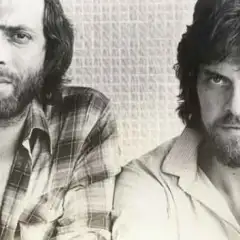
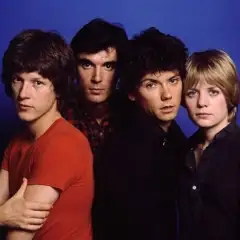
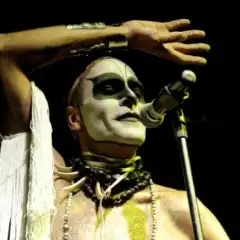
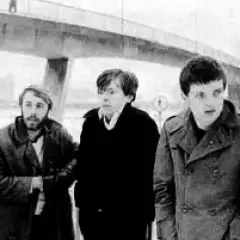
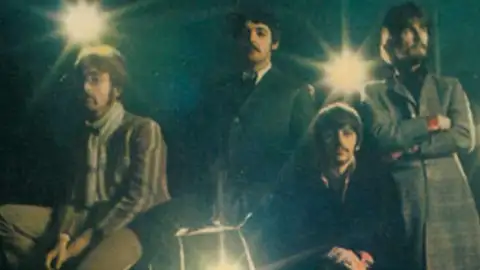
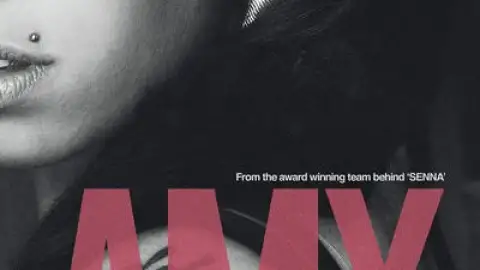

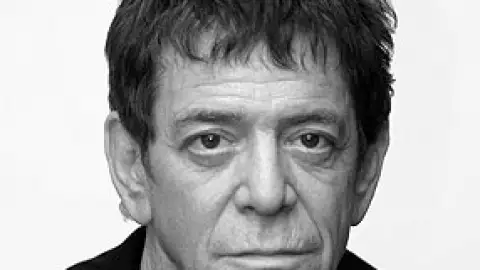
 ESTAÇÕES
ESTAÇÕES